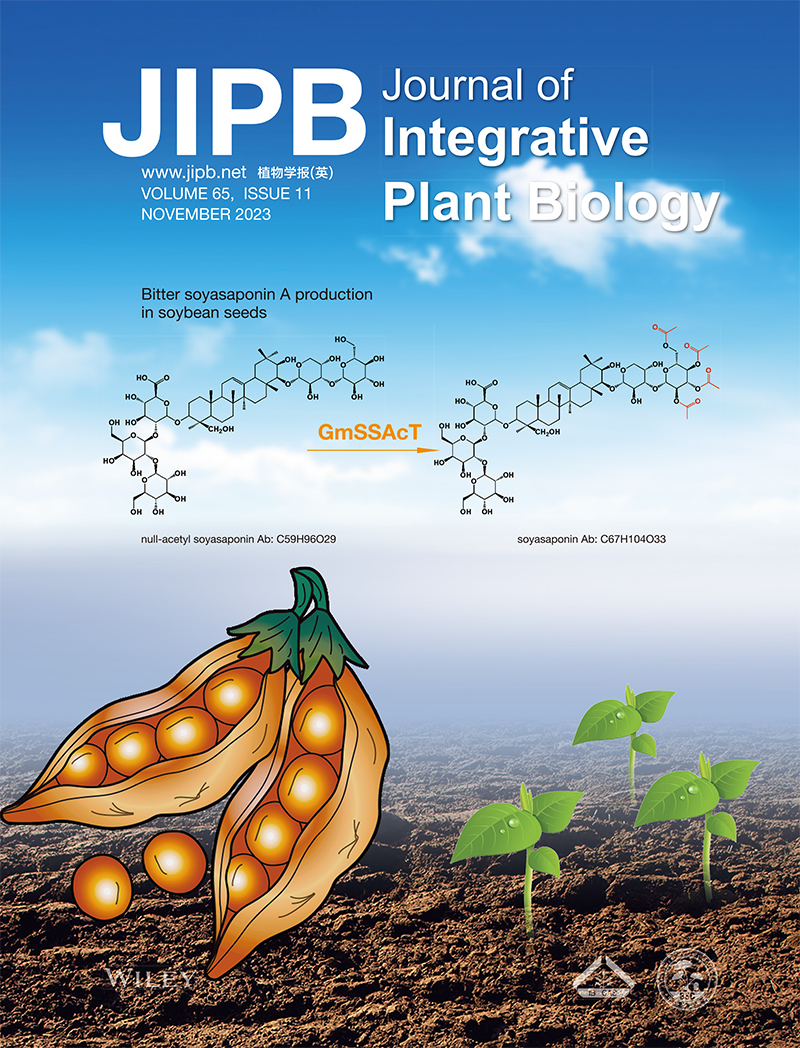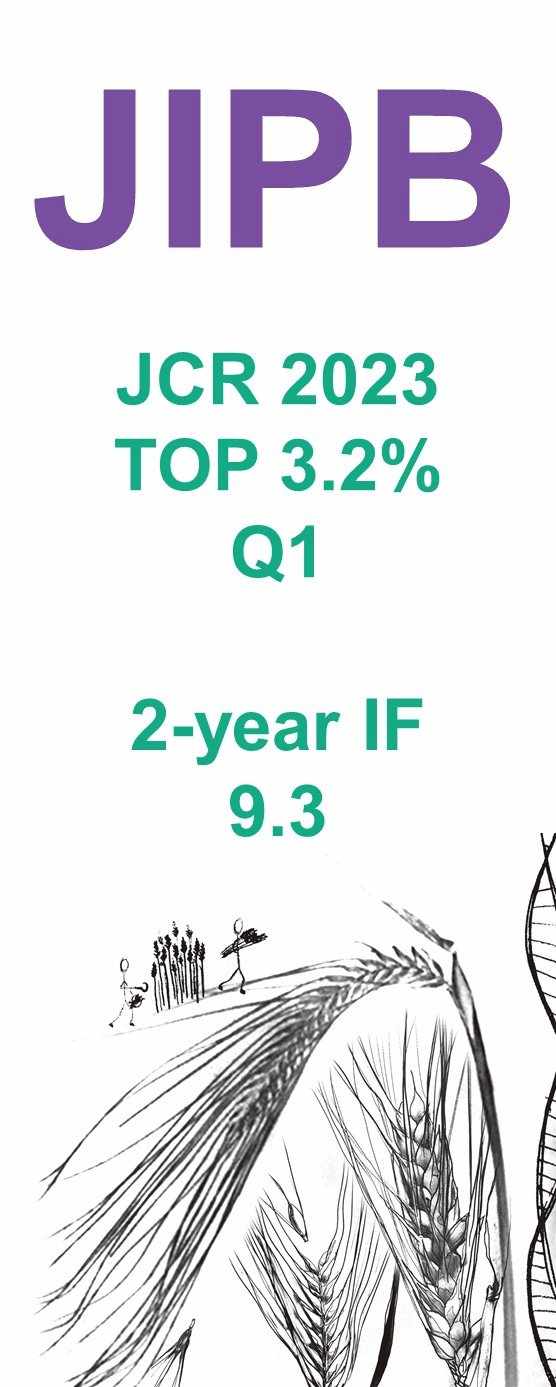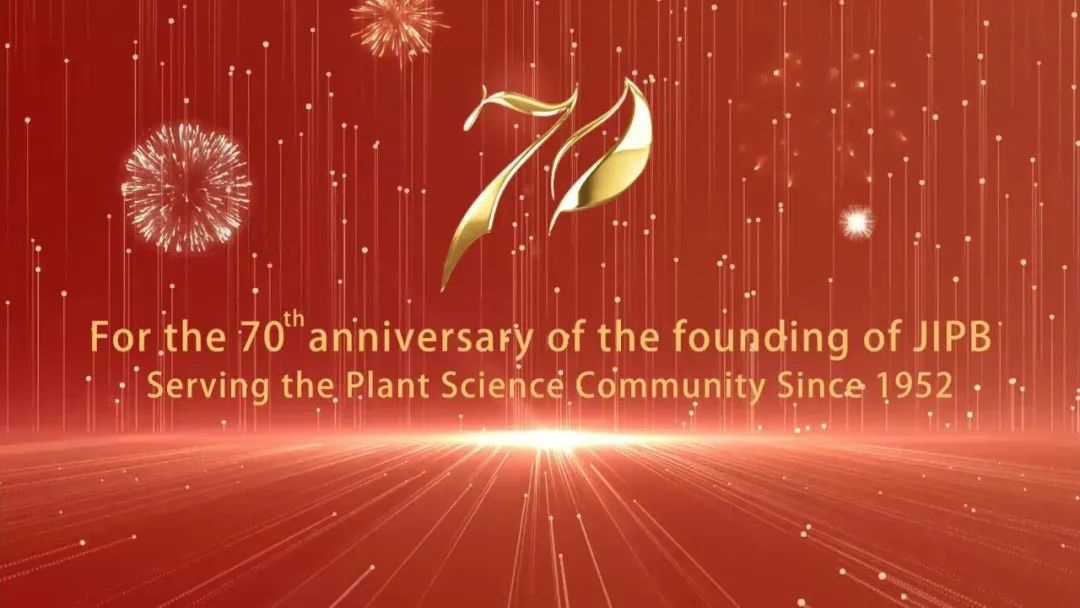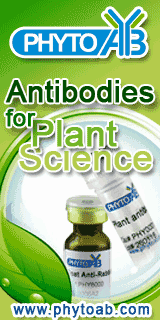Select
Author: Shuangqian Shen, Shouchuang Wang, Chenkun Yang, Chao Wang, Qianqian Zhou, Shen Zhou, Ran Zhang, Yufei Li, Zixuan Wang, Liupan Dai, Wenjv Peng, Yingchen Hao, Hao Guo, Guangping Cao, Xianqing Liu, Fan Yao, Qiang Xu, Alisdair R. Fernie and Jie Luo
J Integr Plant Biol 2023, 65 (11): 2505-2518.
Published Online:
Specialized plant metabolism is a rich resource of compounds for drug discovery. The acylated flavonoid glycoside melitidin is being developed as an anti-cholesterol statin drug candidate, but its biosynthetic route in plants has not yet been fully characterized. Here, we describe the gene discovery and functional characterization of a new flavonoid gene cluster (UDP-glucuronosyltransferases (CgUGT s), 1,2 rhamnosyltransferase (Cg1,2RhaT ), acyltransferases (CgAT s)) that is responsible for melitidin biosynthesis in pummelo (Citrus grandis (L.) Osbeck). Population variation analysis indicated that the tailoring of acyltransferases, specific for bitter substrates, mainly determine the natural abundance of melitidin. Moreover, 3-hydroxy-3-methylglutaryl-CoA reductase enzyme inhibition assays showed that the product from this metabolic gene cluster, melitidin, may be an effective anti-cholesterol statin drug candidate. Co-expression of these clustered genes in Nicotiana benthamiana resulted in the formation of melitidin, demonstrating the potential for metabolic engineering of melitidin in a heterologous plant system. This study establishes a biosynthetic pathway for melitidin, which provides genetic resources for the breeding and genetic improvement of pummelo aimed at fortifying the content of biologically active metabolites.




 Scan the QR code to view JIPB on WeChat
Scan the QR code to view JIPB on WeChat













